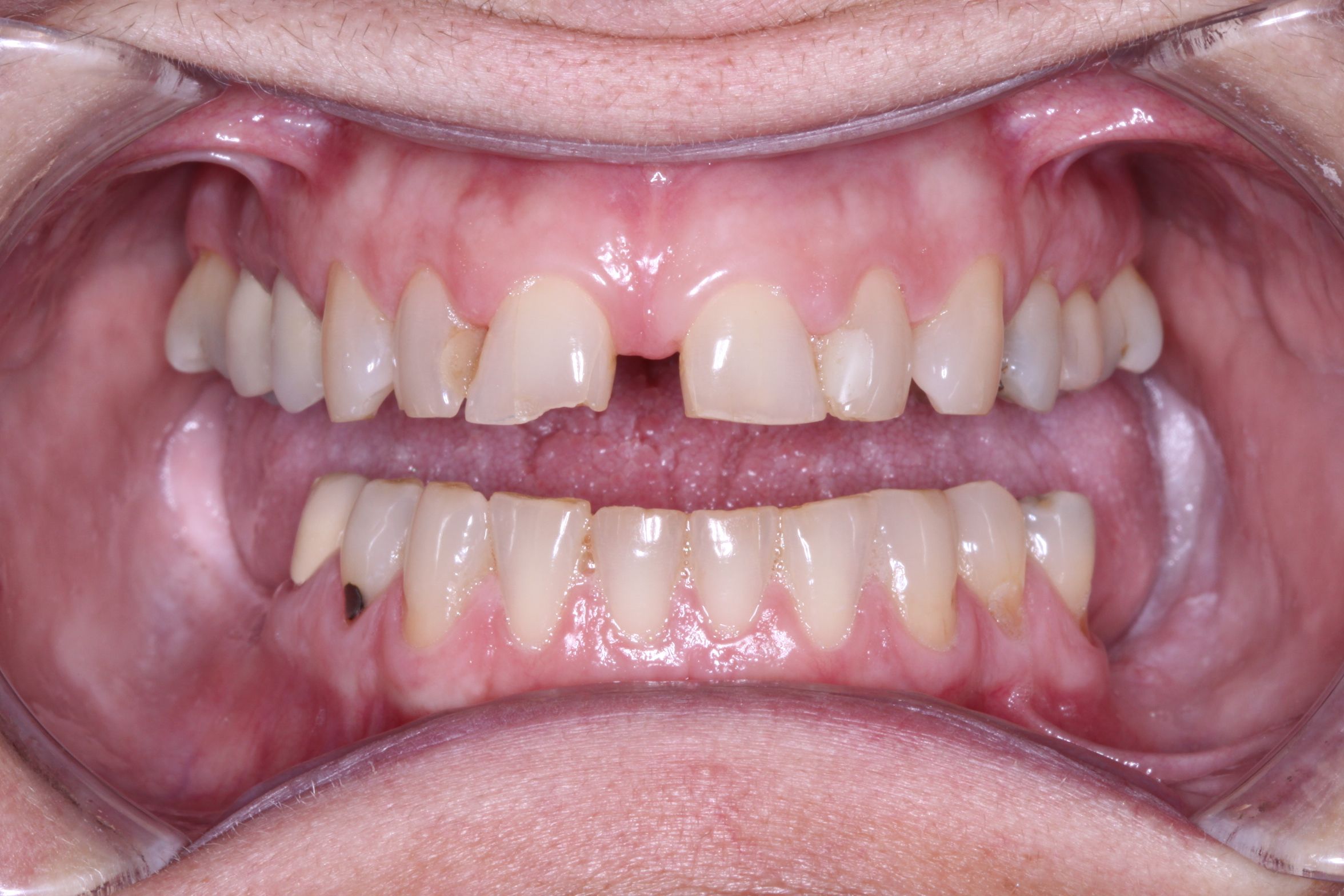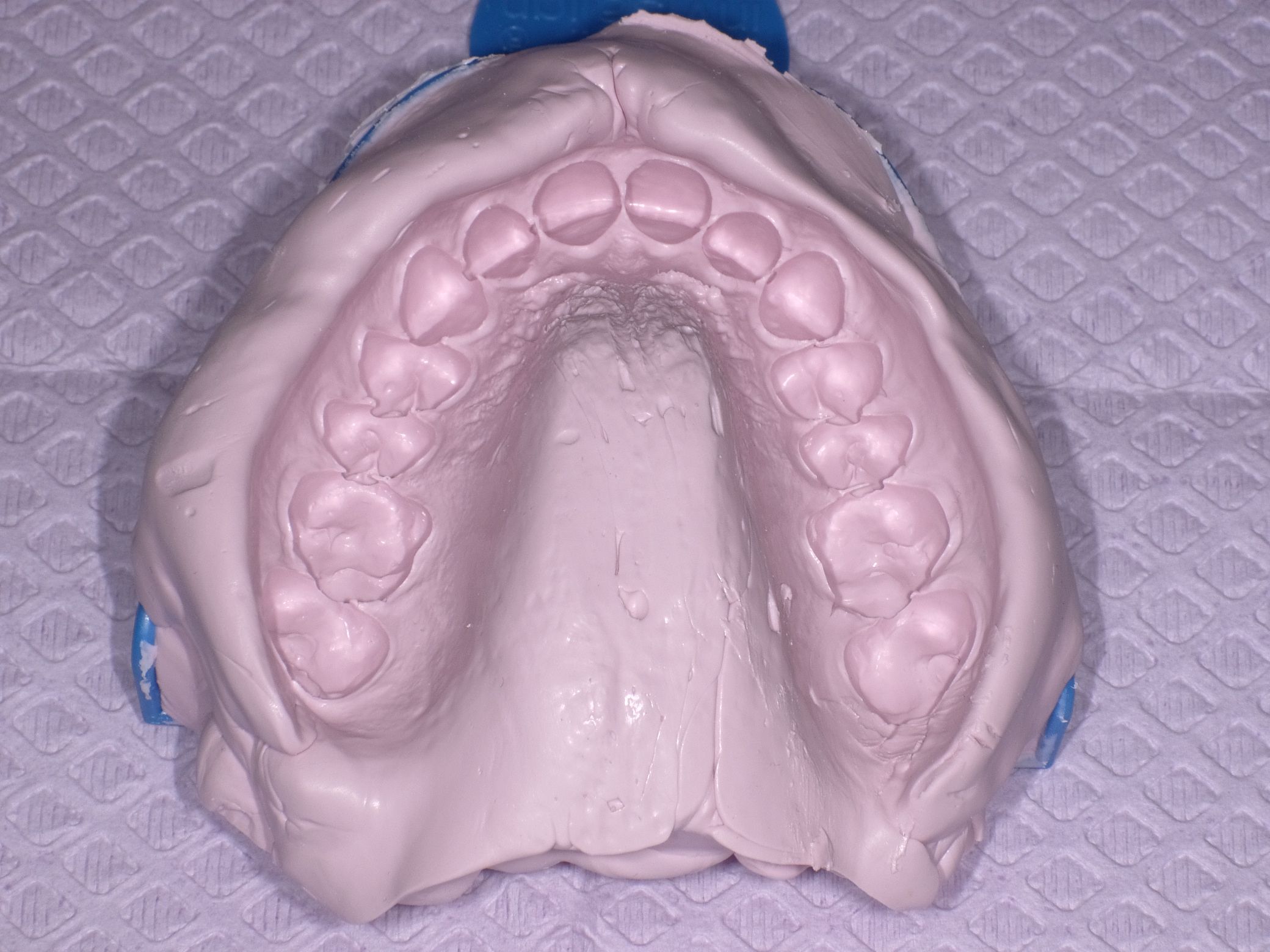How to use preliminary impression materials in anterior restorations
In smile makeover cases, the provisional restorations take on a much greater level of importance than a typical crown case. These restorations serve as the patient’s first preview of what his or her new smile will look like and also help facilitate communication about the size, shape and shading for the final restorations. Of course, to create the provisionals, a preliminary impression material is necessary, and it is important to make the proper selection there, as well.
In smile makeover cases, the provisional restorations take on a much greater level of importance than a typical crown case. These restorations serve as the patient’s first preview of what his or her new smile will look like and also help facilitate communication about the size, shape and shading for the final restorations. Of course, to create the provisionals, a preliminary impression material is necessary, and it is important to make the proper selection there, as well.
3M™ ESPE™ Imprint™ 4 VPS Preliminary Impression Material and 3M™ ESPE™ Protemp™ Plus Temporization Material make a strong pair in the provisionalization process. Unlike alginate, Imprint 4 preliminary impression material has long-term dimensional stability, so it can be poured whenever it is convenient, which is especially helpful for multi-unit cases. It can also be repoured multiple times so models and provisionals can be remade easily.
Protemp Plus temporization material offers five shade options, which give the dental team more choices to offer patients. The material has a quick intraoral set time and can also be easily finished and polished to help get patients to that ultra-important first look more quickly.
Watch this video to learn more about Dr. Etheridge and the products they use at Greenbrier Dental.
The following case, outlined on page two, demonstrates the use of these materials in a dramatic smile makeover.
Case presentation
The woman shown in this case is a long-time patient of the office who had always deferred major work on her teeth because she prioritized her children. She had a large diastema between Nos. 8 and 9, many fillings and generalized wear.

After her children were out of the house, the patient finally decided to do something about her smile and agreed to a treatment plan of whitening followed by placement of eight lithium disilicate crowns on Nos. 5-12. The eight crowns were intended as a starting point for what will be a full smile makeover.
Whitening was done via a combination of in-office and home treatments for 14 days. The patient was instructed to use 3M™ ESPE™ Clinpro™ 5000 1.1% Sodium Fluoride Anti-Cavity Toothpaste to combat caries and minimize sensitivity due to the whitening treatments. The whitening treatments successfully lightened the patient’s teeth from an A3 shade to an A1.
A preliminary impression was taken. Imprint 4 preliminary impression material was loaded into a tray, and the tray was seated in place. The tray was removed after a two-minute setting time in the mouth and inspected, then disinfected and rinsed. The impressions were then sent to the dental laboratory for esthetic mock up. The patient expressed her desire for longer teeth and liked a square look to her anterior restorations, so the laboratory technician fabricated a wax-up to reflect these changes.

The wax-up was fabricated and used for the provisional blueprint. An anterior quadrant impression of the wax-up was taken with the 3M™ ESPE™ Imprint 4 VPS Impression Material, allowed to set and then removed and relined with light body wash material for great detail in the fabrication of the provisional matrix.
Before the creation of the provisional restorations, the patient requested that her new teeth be even whiter than the A1 shade she had accomplished with bleaching treatment.
Protemp Plus temporization material in a B1 shade was selected and dispensed into the provisional matrix from the bottom up. The matrix was positioned in the mouth and allowed to set. Setting progress was monitored by observing excess material in the mouth. Once the units were completely set, they were then finished by removing the oxygen inhibition layer with alcohol.
The impression was then used to pour models.
3M™ ESPE™ Filtek™ Supreme Ultra Universal Restorative was applied to the lower edges of Nos. 22-27 to temporarily restore them. The patient’s ultimate intention is to restore the teeth with crowns.
Conclusion
The patient’s immediate response to the provisionals and repaired lower teeth was tears of joy. This was very gratifying to the team, but the patient was informed that she should wear the provisionals for at least three days to carefully assess her thoughts about the shape and color of the teeth.

When she returned to the office four days later, the patient confirmed she was still very happy with the provisionals and said the treatment was the best thing she had ever done for herself. After this confirmation, the team then proceeded to create the final crowns, using Imprint 4 VPS impression material to take the final impressions.
The patient was extremely satisfied with the final crowns and plans to proceed with additional treatment on her lower teeth. In the meantime, she is using a bite guard to help prevent further wear before additional crowns are placed.
About the authors
Dr. Daniel Etheridge has a bachelor’s degree in biology from the College of William and Mary, a bachelor’s in pharmacy from the Medical College of Virginia and a doctorate of dental surgery from the Medical College of Virginia in Richmond. Dr. Etheridge opened his practice, Greenbrier Dental Center, in 1985.
Shannon Pace Brinker has been a dental assistant for more than 23 years. A published author and international speaker, she co-owns Contemporary Product Solutions, which provides lectures and hands-on training for the complete dental team.
ACTIVA BioACTIVE Bulk Flow Marks Pulpdent’s First Major Product Release in 4 Years
December 12th 2024Next-generation bulk-fill dental restorative raises the standard of care for bulk-fill procedures by providing natural remineralization support, while also overcoming current bulk-fill limitations.